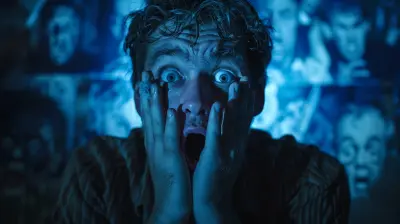The Actor-Observer Bias: Judging Others More Harshly Than Ourselves
2 August 2025
Have you ever noticed how easy it is to judge someone else’s actions but come up with endless excuses for your own? Like when your friend is late, and you immediately think, Wow, they are so disorganized! But when you’re late? Well, traffic was terrible, and I had a million things to do! This little mental trick is called the Actor-Observer Bias, and trust me, we all do it.
Let’s dive into this fascinating psychological quirk, why our brains love it, and how it shapes the way we see the world—often unfairly. 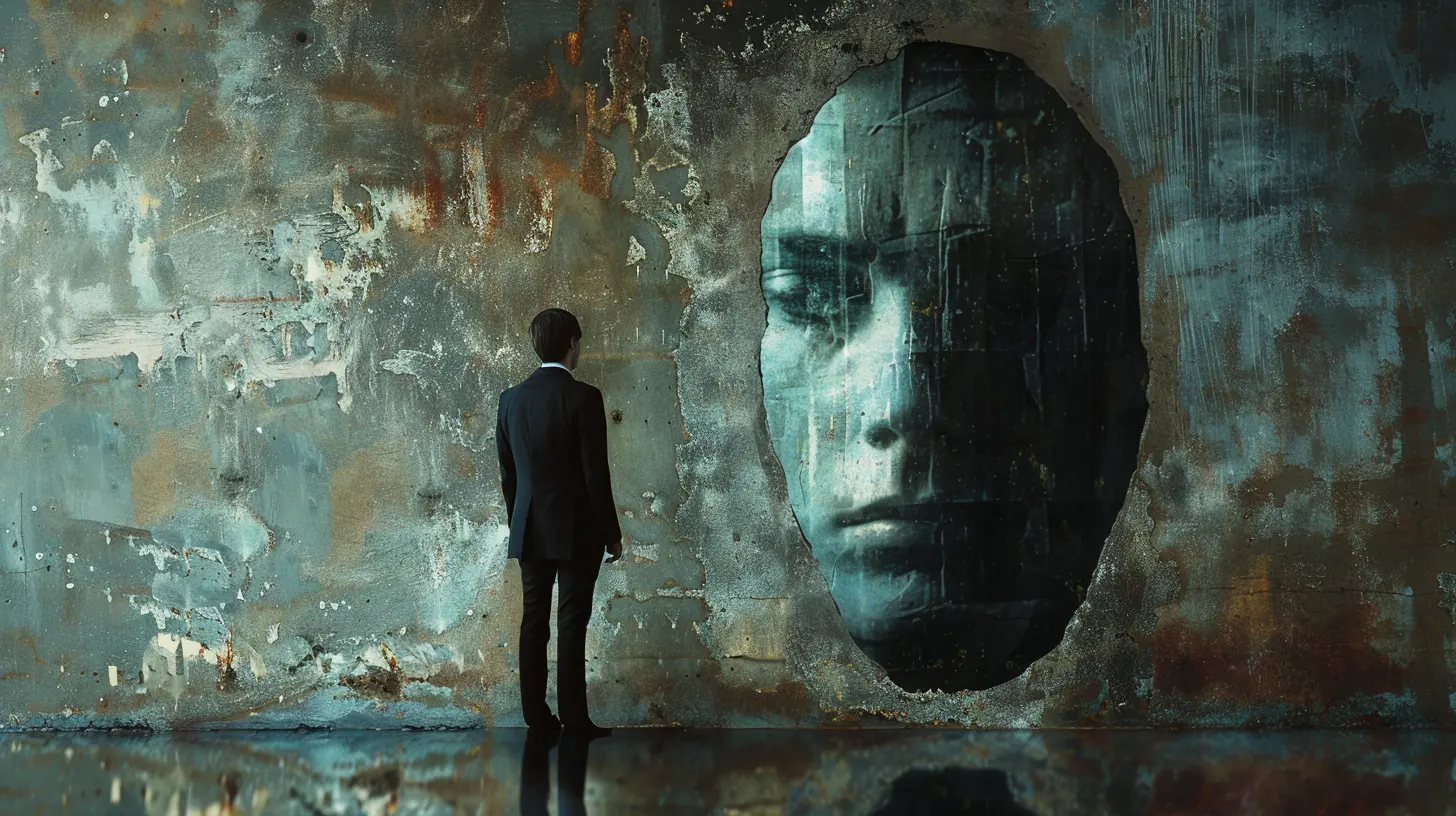
What Is the Actor-Observer Bias?
The Actor-Observer Bias is a cognitive bias that makes us judge our own actions differently than we judge others. In simple terms:- When we mess up, we blame external factors (the traffic, the weather, Mercury in retrograde).
- When others mess up, we blame their personality (lazy, careless, irresponsible).
This bias isn’t just a random glitch in our thinking—it’s deeply wired into how we perceive ourselves vs. how we perceive others.
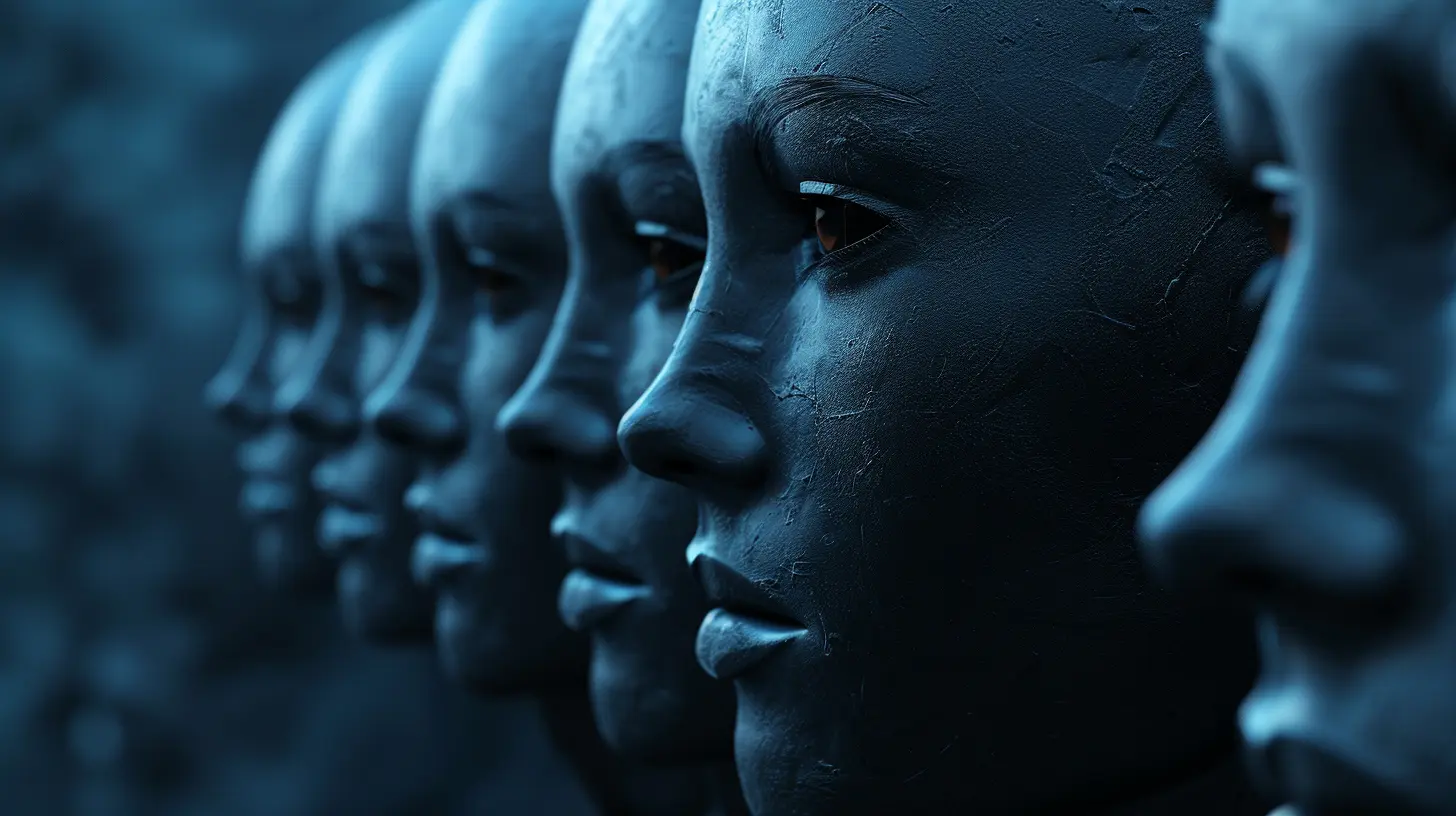
Why Do We Fall Into This Bias?
Our brains are tricky little things. The Actor-Observer Bias exists because of how we process information about ourselves versus others.1. We Have More Info About Ourselves
When we evaluate our own behavior, we remember all the details—how we felt, what was happening around us, the reasons behind our choices. But when we see someone else doing something, we don't have that backstory. We only see the action, so we assume it's just who they are.Example:
- You snap at a coworker because you barely slept and spilled coffee on your shirt.
- You see someone else snap and think, "Wow, they have an anger problem."
2. We Naturally Want to Protect Our Ego
Let's be real—nobody likes to think of themselves as the problem. So, when we do something wrong, we instinctively look for external reasons to justify it. But when it’s someone else? We’re quick to assume it's just _their_ personality.Example:
- You forget to reply to a text: "I was super busy!"
- Your friend forgets to reply: "They’re so inconsiderate!"
This mental loophole helps us feel better about ourselves while being (unfairly) harsh on others.
3. It’s Easier to Judge from the Outside Looking In
When we’re the "actor" in a situation, we experience everything firsthand. But when we’re just an "observer," we only see the outcome—not the process.Think about watching a reality show: we sit on the couch, judging contestants for their choices, even though we have no idea what it’s like to be in their shoes. 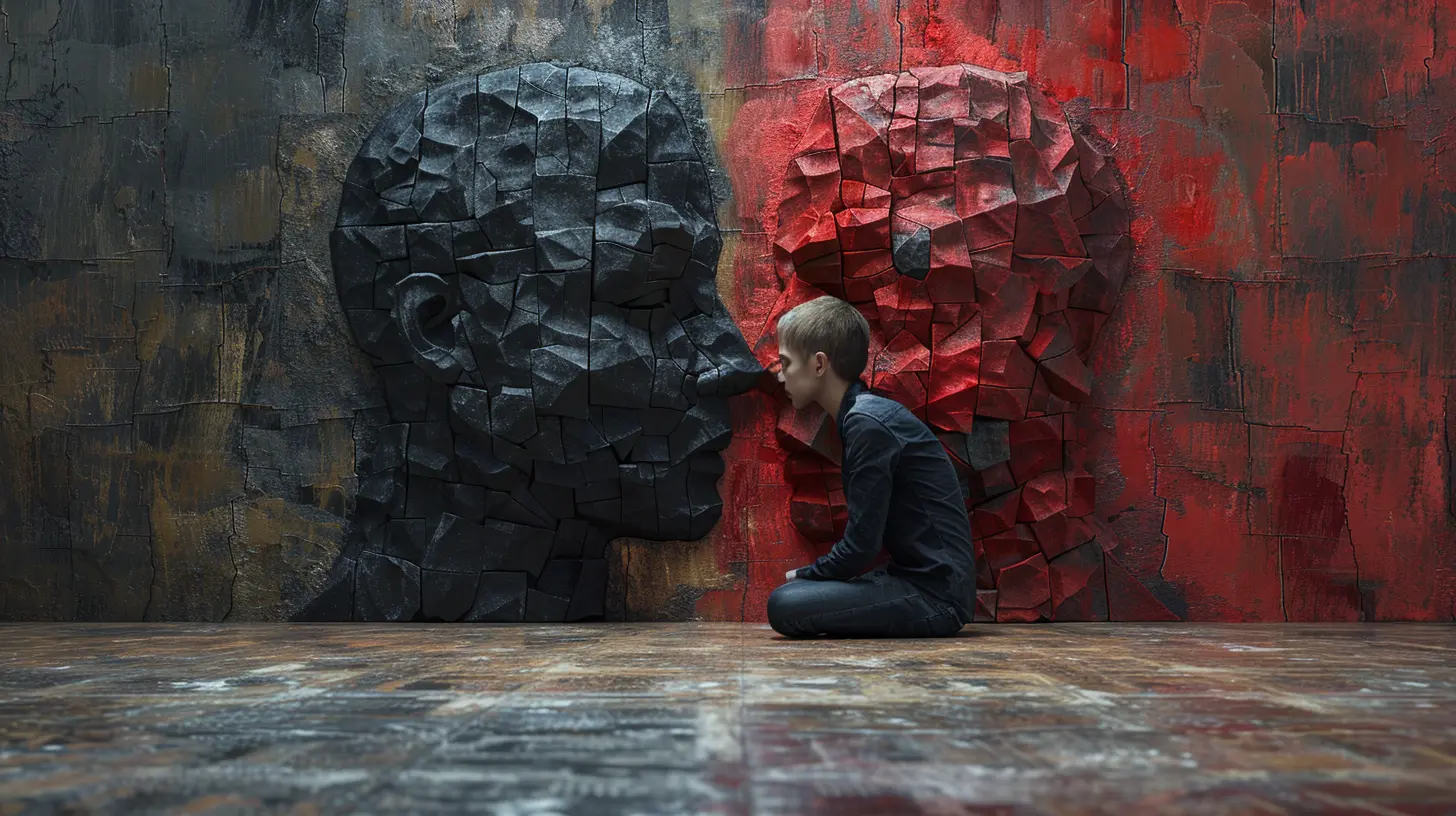
Everyday Examples of the Actor-Observer Bias
This bias sneaks into everyday life more than you might realize. Let’s look at some common scenarios where we fall prey to it.🚗 Driving Mishaps
- You cut someone off: "I didn’t see them—it was an accident!"- Someone cuts you off: "Learn how to drive, buddy!"
⏰ Being Late
- You’re late: "Crazy morning, everything went wrong!"- Someone else is late: "They don’t respect my time."
📱 Ghosting Someone
- You don’t text back: "Life got busy!"- Someone else doesn’t text back: "They don’t care about me!"
See the pattern? We let ourselves off the hook while holding others to a stricter standard. 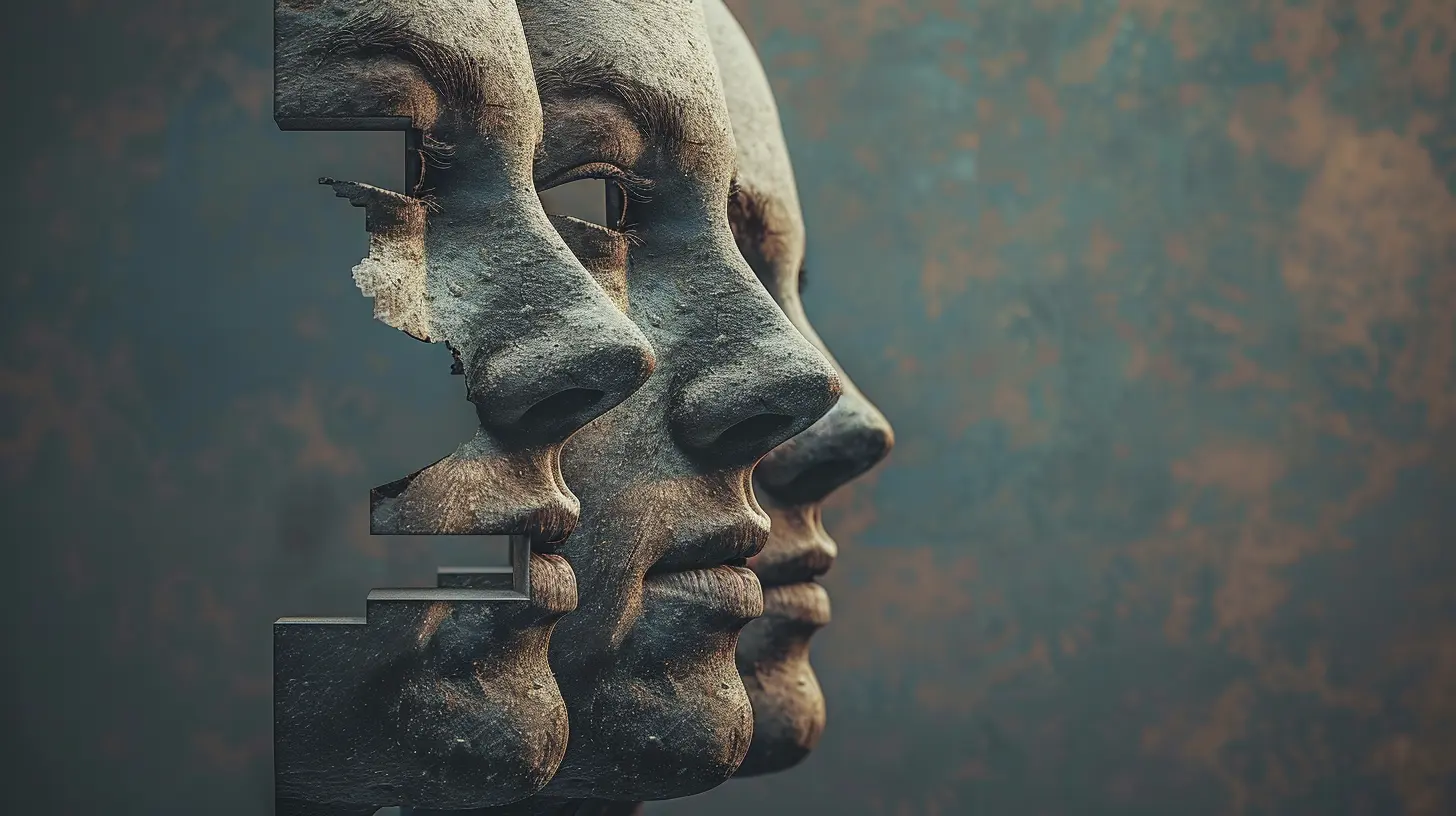
How the Actor-Observer Bias Affects Relationships
This bias isn’t just a fun psychological quirk—it actually impacts our relationships, sometimes in a pretty negative way.💔 Causes Unfair Judgments
If you constantly judge others more harshly than yourself, it can create misunderstandings and resentment. Instead of assuming someone did something because they’re a bad person, consider that maybe they just had a bad day—just like you sometimes do.🗣️ Leads to Miscommunication
If you always justify your own mistakes but criticize others for theirs, it can make communication difficult. No one likes feeling unfairly judged!🤝 Prevents Empathy
By recognizing this bias, we can become more understanding and forgiving. Instead of jumping to conclusions, ask yourself: If I did the same thing, how would I explain it?Can We Overcome the Actor-Observer Bias?
The good news? Yes! With a little effort, we can train our brains to be more fair, empathetic, and understanding. Here’s how:1. Pause and Reframe Your Thinking
The next time you judge someone harshly, stop and ask yourself:- If I did the same thing, how would I explain it?
- Could there be a reason I’m not seeing?
Shifting perspective makes a huge difference.
2. Practice Empathy
Before jumping to conclusions, try considering alternative explanations:- Maybe they were late because of an emergency.
- Maybe they cut me off because they didn’t see me, just like I’ve done before.
3. Hold Yourself Accountable
If you’re quick to justify your own mistakes but assign blame to others, try flipping the script. Own up to your errors the same way you want others to.4. Ask More Questions, Assume Less
Instead of assuming the worst, ask clarifying questions. Instead of thinking, They ignored my message on purpose, try asking, "Hey, I sent you a text earlier—did you see it?"Final Thoughts
The Actor-Observer Bias is sneaky—it makes us judge others unfairly while giving ourselves a free pass. But now that you know about it, you have the power to be more self-aware, empathetic, and fair in your judgments.Next time someone cuts you off in traffic or forgets to text back, take a deep breath and remember: maybe they’re just having one of those days—just like you do sometimes.
After all, life’s more enjoyable when we give people (including ourselves) a little grace.
all images in this post were generated using AI tools
Category:
Psychological BiasAuthor:

Matilda Whitley
Discussion
rate this article
1 comments
Zevan Cook
This article offers a valuable perspective on the actor-observer bias. It's fascinating how our self-perceptions can differ so greatly from how we view others. Understanding this bias can enhance our empathy and improve our relationships. Thank you!
August 13, 2025 at 4:31 AM

Matilda Whitley
Thank you for your insightful comment! I'm glad you found the article valuable and that it resonates with the importance of empathy in our relationships.


